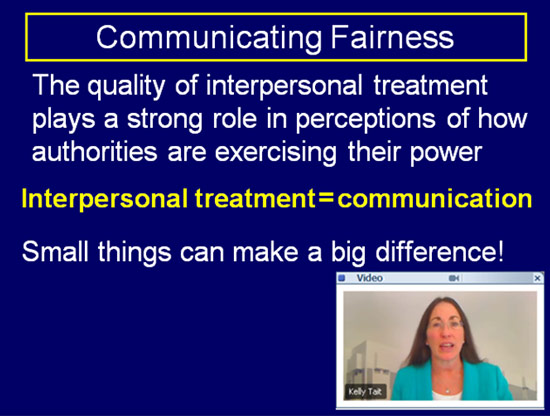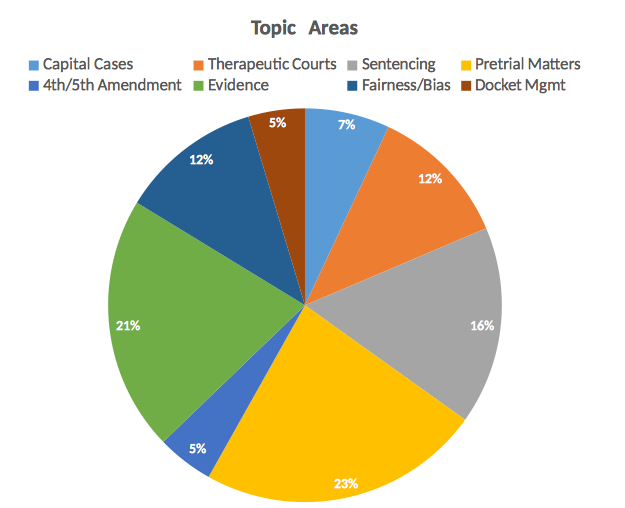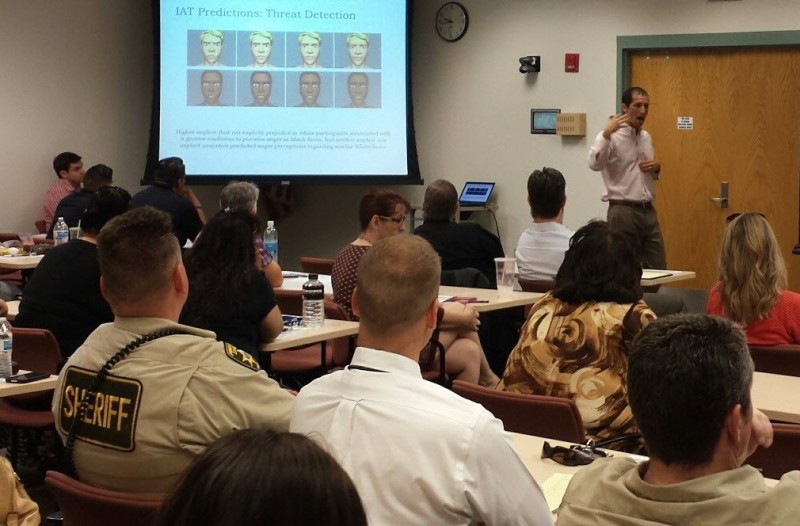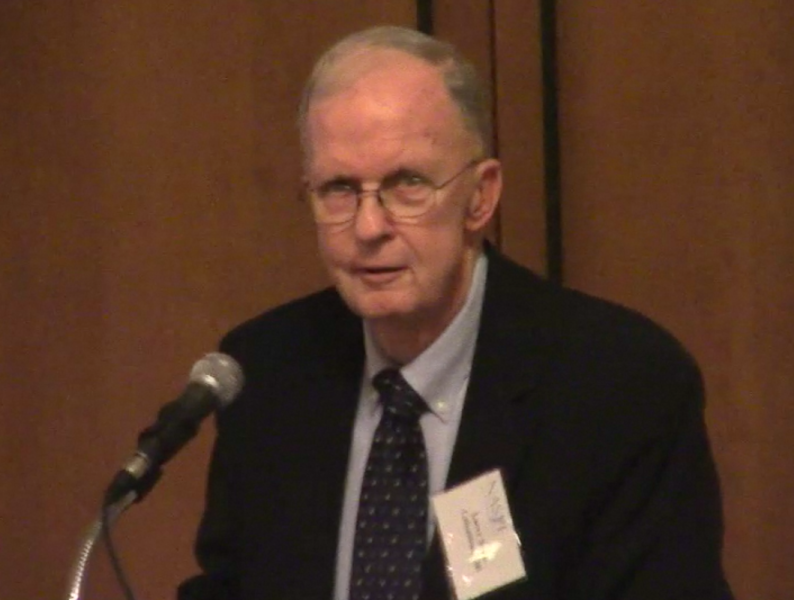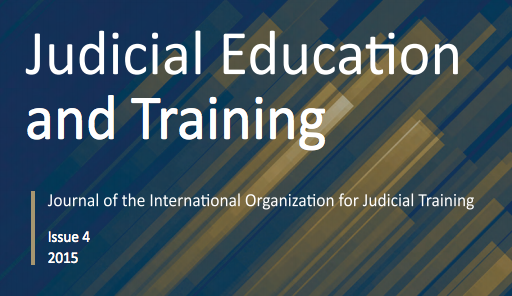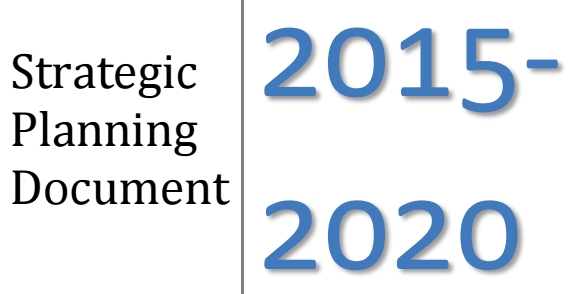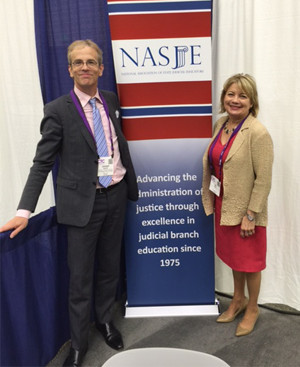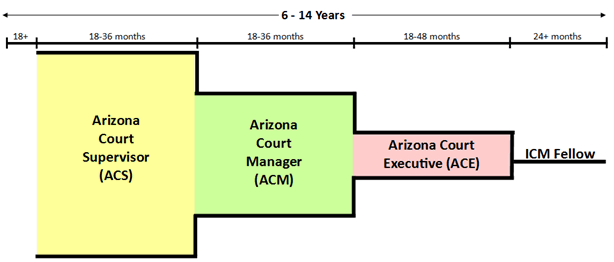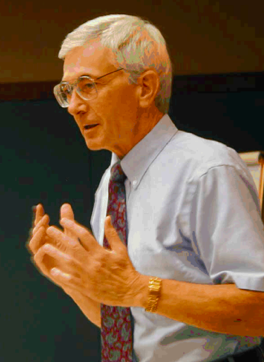Procedural Fairness for Court Staff
On February 25, 2016, NASJE’s Northeastern Region sponsored a webinar for NASJE members entitled Procedural Fairness for Court Staff: A Brief Curriculum for Teaching, facilitated by Kelly Tait, Immediate Past President of NASJE, and Joan Bishop, NASJE Northeastern Region Director. About 55 people participated in the webinar. It was a very quick-moving and informative exploration of how and why judicial branch educators should include the topic of procedural fairness in education programs for court personnel as well as judges.

